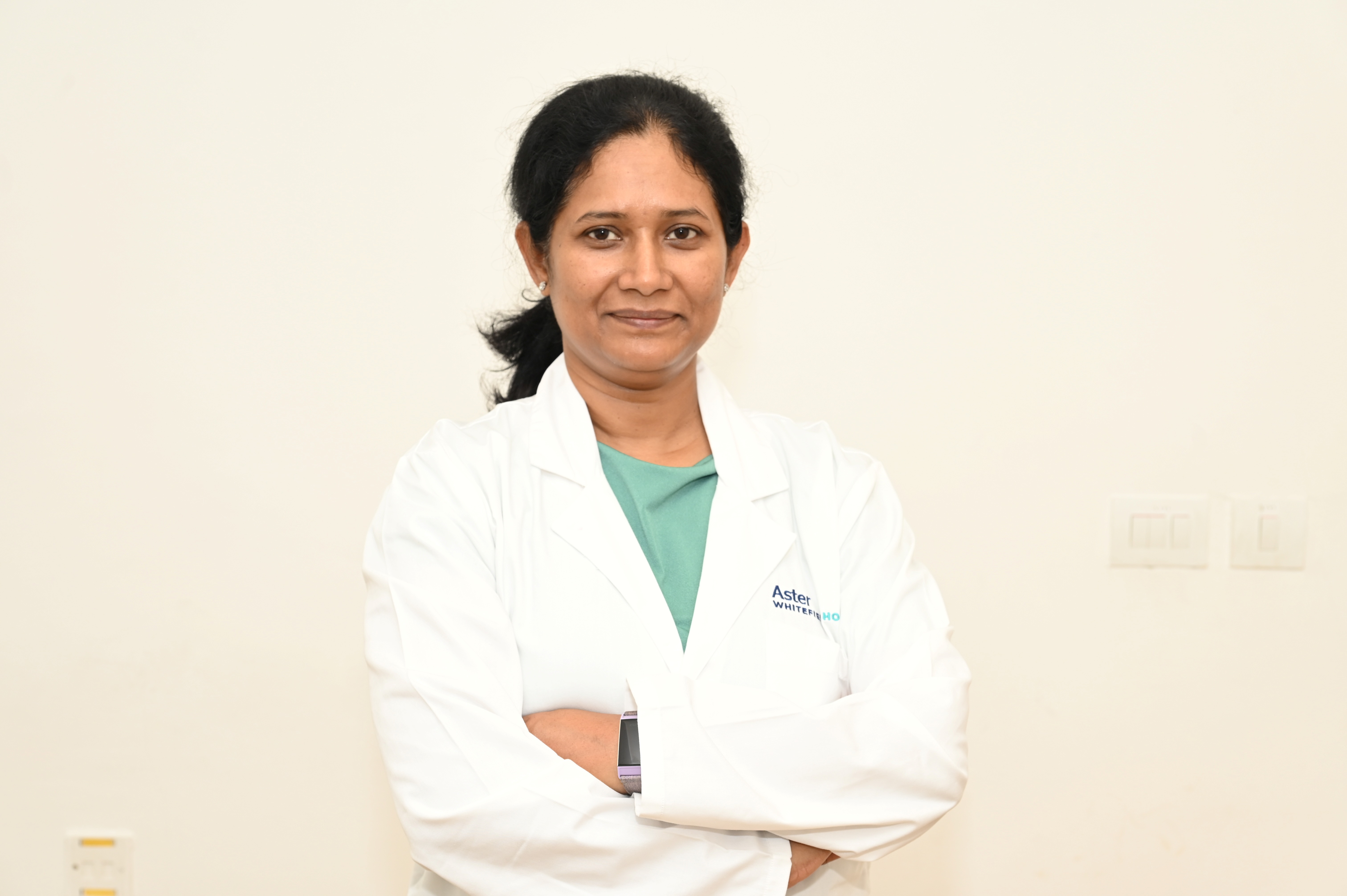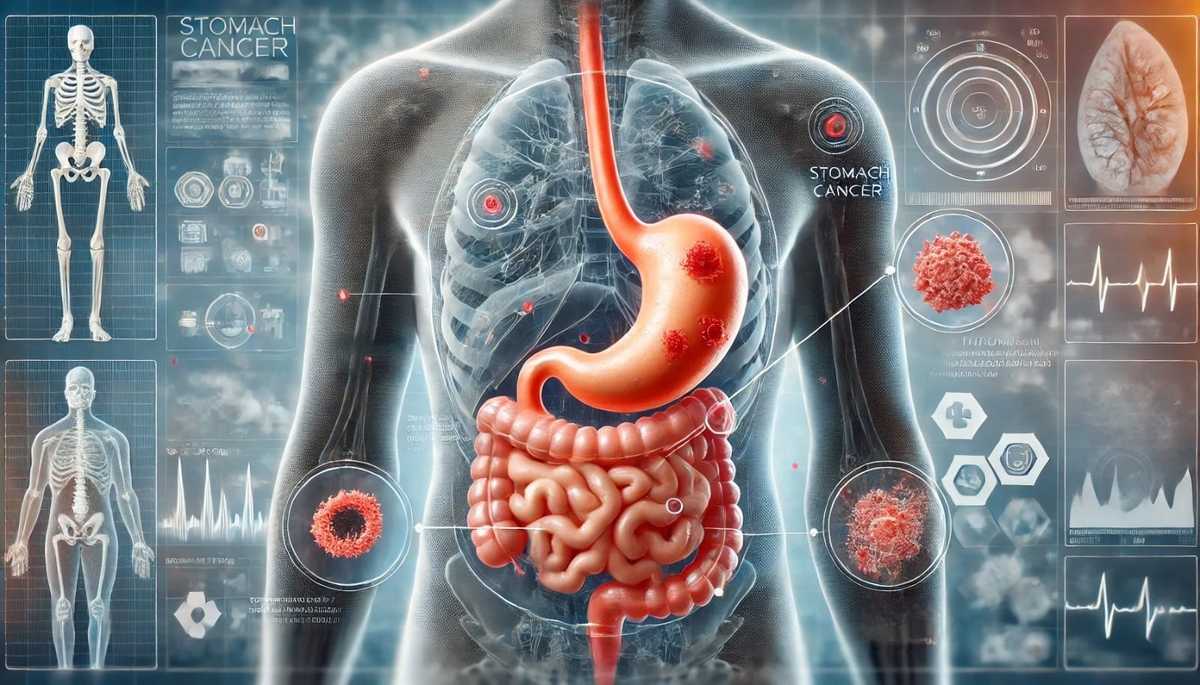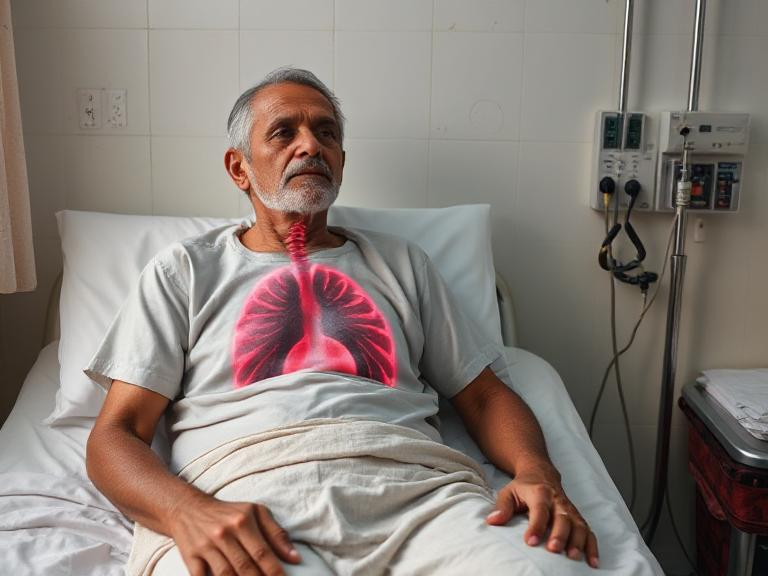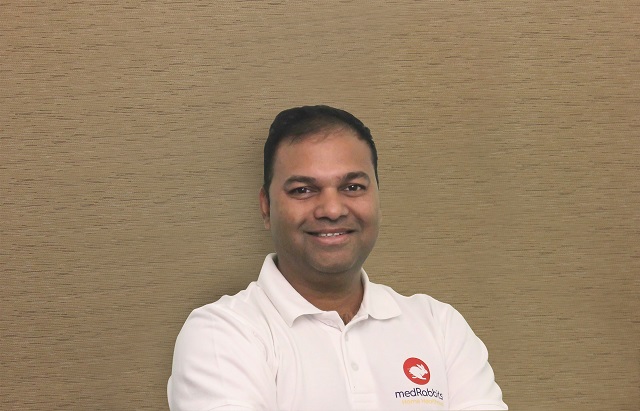March 20, 2024: In a breakthrough, researchers from Newcastle University have helped to create a new home-based care pathway for people with Parkinson's.
The initiative is supported by the Health Foundation and Parkinson’s UK and has been consistently shaped by consultations with individuals living with Parkinson’s, their families, and caregivers, ensuring alignment with their needs and priorities. Based on the findings, the team responsible for developing the approach is currently exploring avenues to implement the programme nationally within the NHS, funded by the NHS England’s Digital Health Partnership Award.
Camille Carroll, Professor of Clinical Neuroscience at Newcastle University, who leads the project and serves as the study's senior author, said: “There is currently a significant unmet need for effective and efficiently delivered care for people living with Parkinson’s. Through this new care pathway, we have shown the benefits of empowering people with knowledge and understanding of their condition. These benefits are felt not only by the people with Parkinson’s and their partners but also by the healthcare teams and organizations providing their care. With support from NHSE Transformation, we are now creating a digital version of this care pathway, which we hope will eventually enable it to be made available through Parkinson’s services across the UK.”
The Home Based Care pathway, introduced in 2019, combines at-home monitoring via wrist-worn sensors with support and information on recognizing and managing various Parkinson’s symptoms. Patients also can reach out to healthcare practitioners for support when needed.
The current study draws from health checks and feedback received from 100 patients undergoing Parkinson’s treatment at the Department of Neurology at University Hospitals Plymouth NHS Trust.
Parkinson’s is the world’s fastest-growing neurological condition, with the number of UK patients projected to reach 170,000 by 2025. Traditional care involves regular, in-person clinical reviews by a movement disorders specialist. However, current NHS challenges are placing increased pressure on these services.
Dr. Rowan Wathes, Associate Director of Policy and Health Strategy at Parkinson’s UK, highlighted the study's clear indication that the remotely delivered Parkinson's care pathway is a safe and feasible model, expressing excitement about potential benefits, particularly for those in underserved communities. He said: “Parkinson’s UK provides grants to projects that aim to improve Parkinson's health and care services across the UK through the Parkinson’s Excellence Network. We were pleased to award a grant to this project in 2018. The study clearly shows that the remotely delivered Parkinson's care pathway is a safe and feasible model and we are excited by the potential benefits for people with Parkinson's, particularly those from underserved communities. We look forward to seeing the work progress including the results of formal comparisons with standard care.”
Podcaster and technology writer Rory Cellan-Jones, chairing an Advisory Group focused on the wider implementation of the Home Based Care pathway, emphasized the dissatisfaction of people with Parkinson’s with the current model, proposing a more flexible home-based system that allows contact with healthcare professionals as needed, supported by new technology for a detailed symptom assessment.
The development of the Home Based Care pathway has also involved researchers from the University of Plymouth and the Department of Neurology at University Hospitals Plymouth NHS Trust.
ABOUT NEWCASTLE UNIVERSITY: Newcastle University, UK, is a thriving international community of more than 28,000 students from over 130 countries worldwide. As a member of the Russell Group of research-intensive universities in the UK, Newcastle has a world-class reputation for research excellence in the fields of medicine, science and engineering, social sciences and the humanities. Its academics are sharply focused on responding to the major challenges facing society today. Our research and teaching are world-leading in areas as diverse as health, culture, technology and the environment. Newcastle University is committed to providing our students with excellent, research-led teaching delivered by dedicated and passionate teachers. Newcastle University is ranked 110th in the QS World Ranking 2024 and 139th in the Times Higher Education World University Ranking 2023.

 Newcastle University creates a pioneering care programme through which people with Parkinson’s are supported in managing and monitoring their condition at home which has shown benefits for patients and care teams.
Newcastle University creates a pioneering care programme through which people with Parkinson’s are supported in managing and monitoring their condition at home which has shown benefits for patients and care teams.










.jpeg)




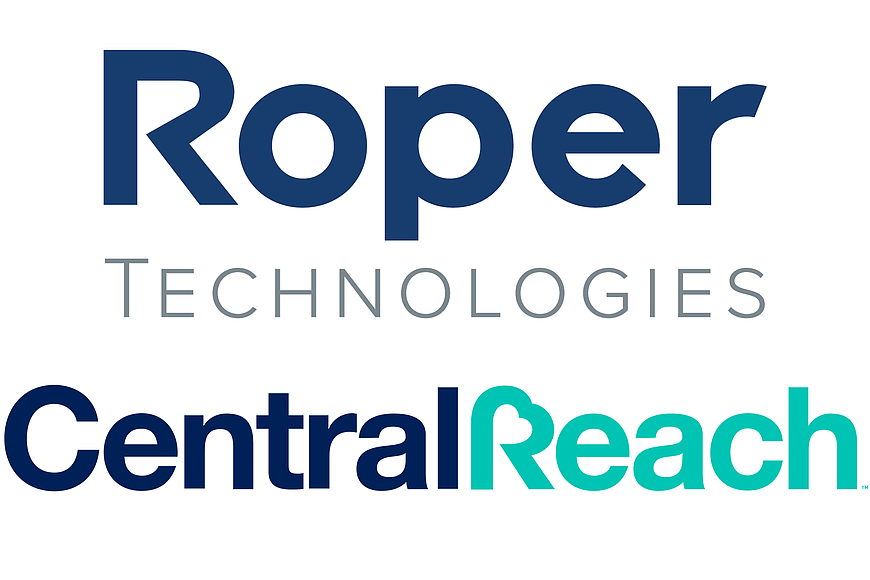
.jpg)




